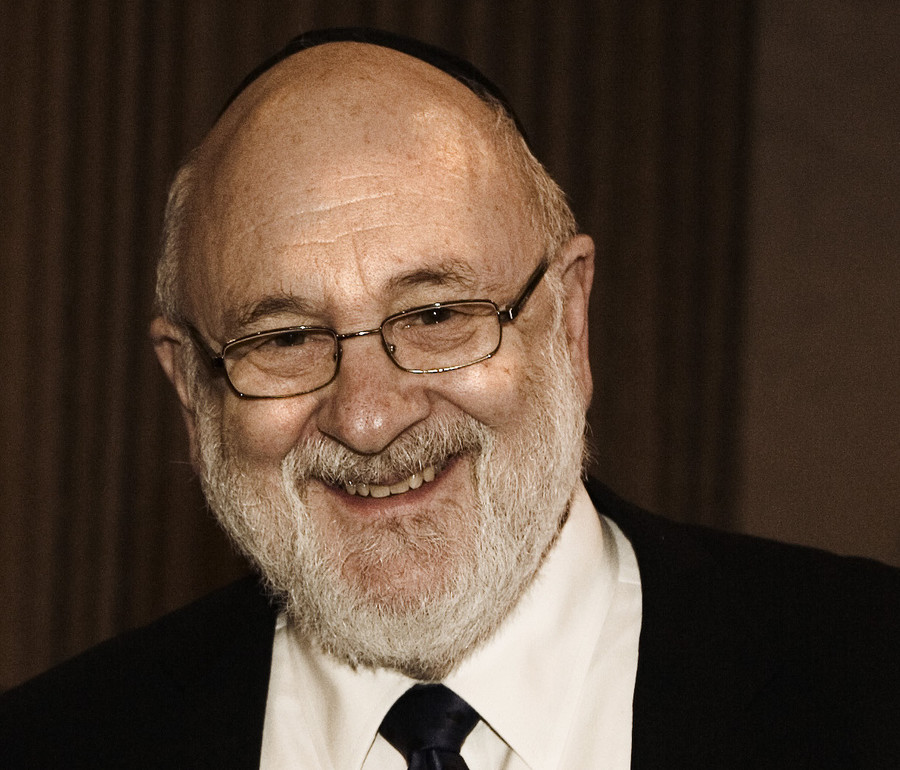Our true heroes are unheralded and essential
You don’t hear much about them, and sometimes you don’t even know their names. But they are the true heroes and heroines in our lives and in our times. As I hope to demonstrate, it was also true in biblical times that very important characters in the narrative are hardly mentioned, perhaps only hinted at.
I first became interested in this phenomenon shortly after the events of Sept. 11, 2001. I was listening to one of my favorite radio talk shows while driving. The guest was a professor of sociology who was insisting, much to the chagrin of the host, that the firemen who lost their lives saving others at the World Trade Center were not true heroes.
He maintained that a true hero does something neither he nor anyone else typically does. These firemen, he argued, were simply doing their duty. They showed up to work in the morning, went through their usual routine, and responded to this assignment as part of their job.
The announcer was horrified by this professor’s opinion and pronounced it a typical example of “academic snobbery.” That was my gut reaction as well.
Continuing to drive, I began to reflect upon the definition of “hero” in the Jewish tradition. From the Jewish perspective, is a hero a Superman who behaves in an extraordinarily dramatic fashion? Or is the true hero the person who, day in and day out, does what is expected of him in a faithful and diligent manner, humbly and anonymously, never making the headlines?
My research soon convinced me that the latter definition was the accurate one from a Jewish point of view. As an example, let me introduce you to a personage who is mentioned in this week’s Torah portion, Vayishlach, although even if you read the portion carefully, you may not have noticed her name. Her name was Deborah.
Open your Bible with me and turn to Genesis 35:8. Jacob, his wives, and their many children have returned to the Land of Israel. They have reached Bethel, Jacob’s original starting point. Jacob erected an altar there. And then we read:
And Deborah, Rebecca’s nurse, died and she was buried ... under the oak, and it was called the “Oak of Tears.”
Who was this woman, never mentioned by name before? Why did her demise evoke such grief? Why is she important enough to “make it” into the biblical narrative?
Now turn back a few pages to Genesis 24:59. Here we read that when Rebecca left her birthplace to journey to the Land of Israel and marry Isaac, she took her nurse with her. A nurse with no name, whom we know nothing about until we learn of her death in this week’s Torah portion.
• • •
Our rabbis speculate that nurse Deborah was a major part of the epic drama of Rebecca’s life with Isaac and Jacob. They suggest that she was the one sent by Rebecca to retrieve Jacob from his long exile. Our rabbis tell us, too, that she was nurse to Rebecca’s many grandchildren who shed those many tears under the old oak tree.
Jewish mystical sources even aver that nurse Deborah was reincarnated into the much later Deborah, who was a judge and prophet in Israel!
Deborah is an excellent example of someone who “just did her job,” regularly and consistently, and who had an impact upon three generations of major biblical characters, including a matriarch, two patriarchs, and the forbearers of the 12 tribes.
She exemplifies the type of person that the Talmud refers to when it asks: “Who deserves a place in the world to come,” and answers: “He who slips in silently and slips out silently.”
Rabbi Akiva taught us a similar lesson. At a critical juncture in his life, he was inspired by the fact that a stone is impenetrable by ordinary means. But when a gentle waterfall drips upon stone for hundreds of years, it succeeds in boring a hole in stone. Quiet consistency and persistence are the true ingredients of heroism and strength.
In the Bible, as in all of life, there are major figures who work behind the scenes but who are indispensable to the important events of history. They are unheralded and often anonymous. They are real heroes too.
In the words of the poet John Keats, they are the children “of silence and slow time.” They help us see the truth in that poet’s exquisite words:
Heard melodies are sweet, but those unheard are sweeter.

 48.0°,
Light Rain
48.0°,
Light Rain 





